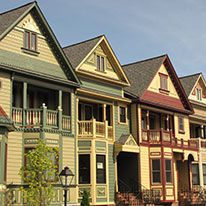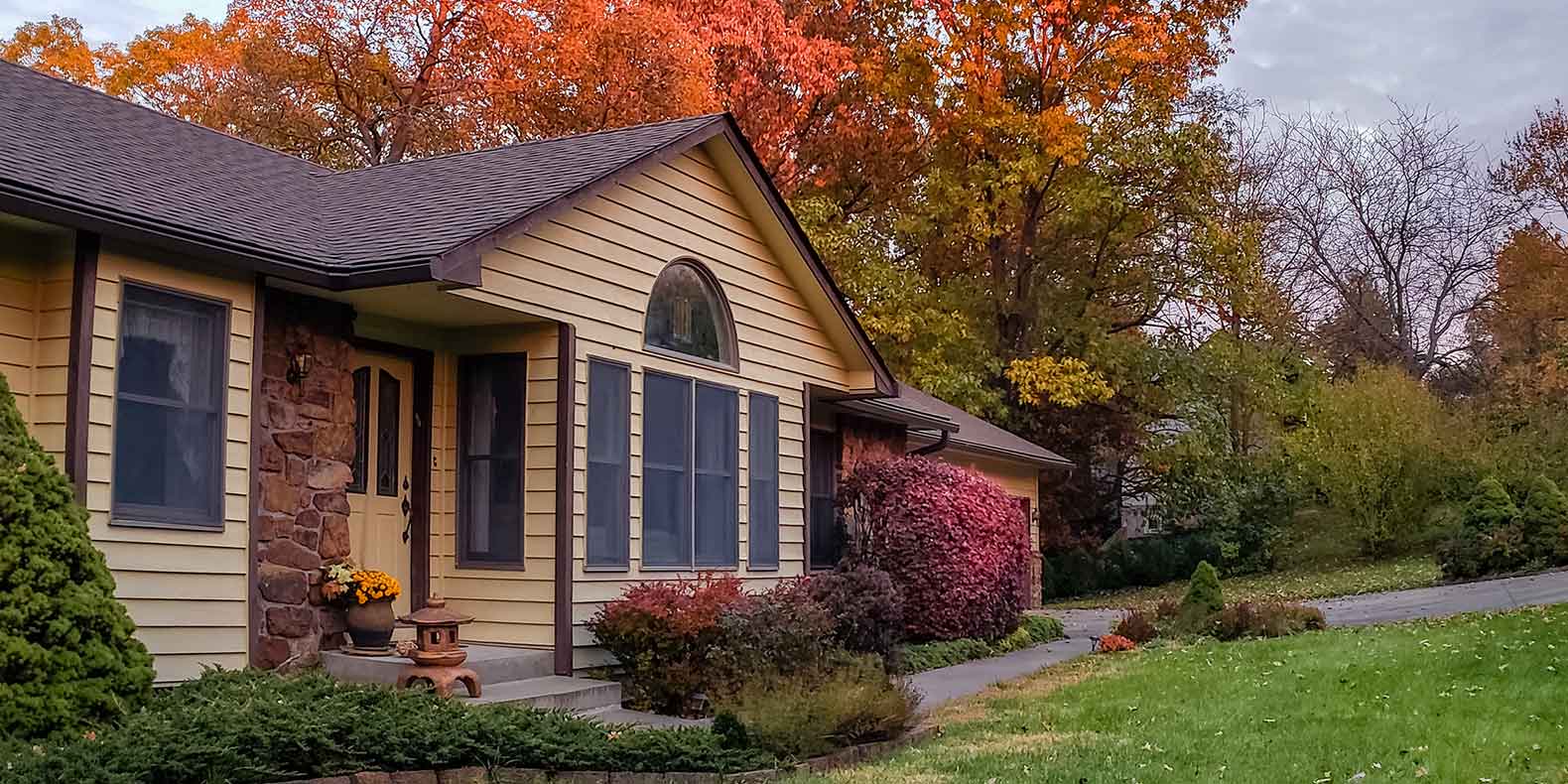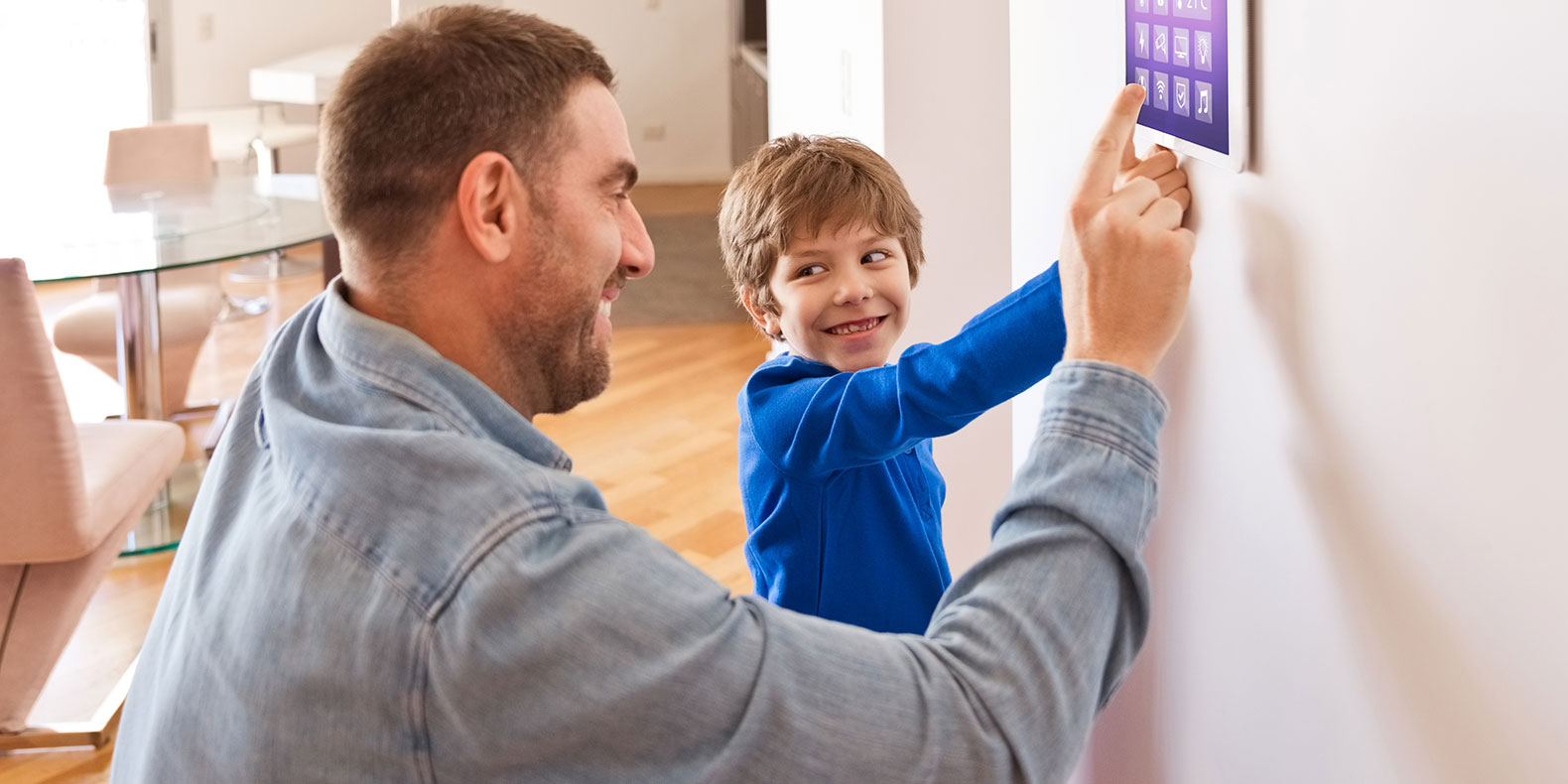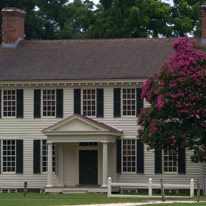This post was originally published on May 26, 2015 and has been updated for accuracy and comprehensiveness.
Your home is considered to be the ultimate place of safety, so why leave its security up to chance?
Security system passcodes arm and disarm your security system, ensuring only authorized individuals can enter your home. They are also required to perform routine maintenance on your system and to stop it from beeping.
Outlined below are best practices for selecting and protecting security system passcodes.
Why You Need a Passcode
Passcode-protected keypads, which arm and disarm your security system, provide peace of mind that your family and valuable assets are safeguarded. When your system is armed, individuals that enter the code incorrectly will be denied access to your home.
If the security system is triggered and then isn’t disarmed quickly with the passcode, many systems will alert a monitoring center to verify the threat and dispatch emergency services.
Choose a Secure Passcode
Did you know the most common codes to unlock a mobile phone are “0000” and “1234?” This isn’t a new phenomenon; research of four-digit personal identification numbers (PINs) proves that “1234” accounts for more than 10% of all PINs. Combine “1111” and “0000,” and you’ve accounted for 18.6% of all PINs.
Can you see why it’s critical to choose a unique passcode for your security system?
>When creating an alarm passcode, ensure it’s uncommon and hard for intruders to guess. Follow these tips:
- Choose a passcode that’s meaningful to you. You’re more likely to remember information that is meaningful to you and your family, such as favorite numbers or special dates that aren’t easily guessed.
- Do not use information that can be easily accessed by others. Although your codes should be easy to remember, make sure they don’t correlate with information that can be found by outsiders. People often choose passcodes that represent birthdays, anniversaries and addresses. This type of information can be accessed by outsiders through the Internet and address books.
- Use different passcodes for different systems. Switching up system codes throughout your house can prevent multiple security breaches. If an intruder was to gain passcode information, you can avoid granting them access to several areas of your house at once.
Protect Your Alarm Passcodes
Once you have chosen your security passcodes, don’t write them down and leave them out in the open. If you decide to keep a record of your codes (in the event you or a family member forgets), keep them in a secure, private location.
You can also use a secure password manager to keep track of your alarm passcode, along with other passwords.
There are some instances in which you may need to share your passcode. For example, giving your passcode to a babysitter, temporary houseguest, house sitter or neighbor are all valid reasons. In any instance, you should change your passcode any time you share it with someone who isn’t a trusted, recurring guest in your home, and at a minimum once a year.
Also, do not share passcodes with anyone other than immediate family or necessary individuals. The more people that have knowledge to this information, the higher the risk for unwanted access.
>Once your alarm is secure, it may be time to explore other additions to your smart home. Learn about more helpful security products here.



